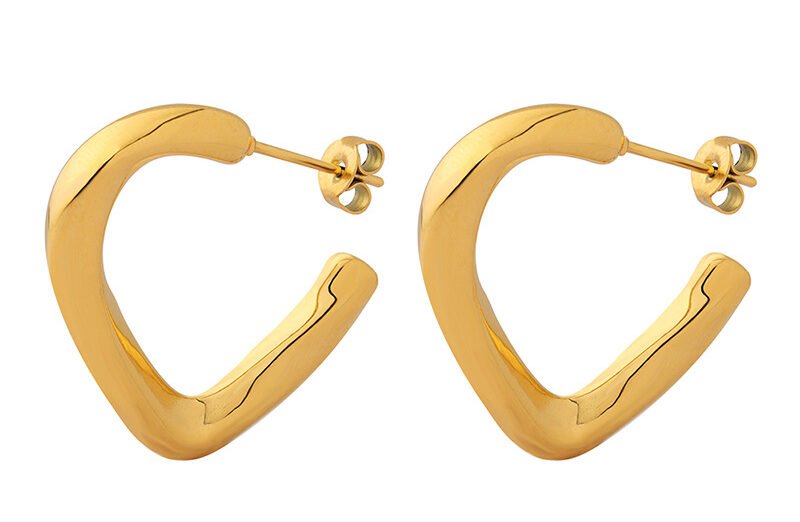In today’s global marketplace, importing ergonomic chairs into the European Union (EU) involves understanding and adhering to specific regulatory requirements to ensure that the products meet safety, health, and environmental standards. If you’re a business looking to penetrate the EU market with ergonomic chairs, it’s crucial to be aware of the necessary certifications to ensure compliance and seamless market entry. This article will guide you through he essential certifications required to import ergonomic chairs into the EU.
CE Marking
The CE mark is the most crucial certification for ergonomic chairs entering the EU market. It signifies that a product meets the EU’s health, safety, and environmental protection standards. Although CE marking covers a wide range of products, for ergonomic chairs, it primarily concerns safety, health, and environmental protection standards. To obtain CE marking, manufacturers must conduct a conformity assessment, set up a technical file, and sign an EU declaration of conformity.
EN 1335 Standard
The EN 1335 standard specifies the dimensions, safety requirements, and test methods for office work chairs. The standard is divided into three parts: terms and definitions, safety requirements, and test methods. Ergonomic chairs imported into the EU should comply with the EN 1335 standard to ensure they meet specific requirements for safety, comfort, and ergonomics.
GS Mark
Although not mandatory, the Geprüfte Sicherheit (GS) mark is a well-recognized voluntary certification in Germany and the EU. It indicates that a product has been tested and meets the highest safety standards beyond the essential legal requirements. For ergonomic chairs, the GS mark adds an additional layer of trust and can be a significant selling point in the EU market.
ECO-Label
The EU ECO-Label is a voluntary label that signifies environmental excellence and is awarded to products that have a lower environmental impact throughout their lifecycle. For ergonomic chairs, obtaining the ECO-Label means that the product meets strict ecological and performance criteria, from production to disposal.
Compliance with REACH
REACH (Registration, Evaluation, Authorization, and Restriction of Chemicals) is an EU regulation that addresses the production and use of chemical substances. Ergonomic chairs imported into the EU must comply with REACH to ensure that they do not contain harmful levels of specific chemicals.
WEEE and RoHS Compliance
The Waste Electrical and Electronic Equipment (WEEE) Directive and the Restriction of Hazardous Substances (RoHS) Directive are crucial for ergonomic chairs with electronic components, such as those with adjustable parts powered by electricity. Compliance with these directives ensures that the electronic components in the chairs are free from harmful substances and that the products are recyclable at the end of their life cycle.
Conclusion
Ensuring that your ergonomic chairs meet these certifications can be daunting but necessary for accessing the EU market. Compliance not only facilitates smoother customs clearance but also builds trust with consumers and business customers alike. Remember, while this list covers essential certifications, specific requirements can vary based on the product and the EU member state. Therefore, it’s advisable to consult with a compliance expert or a legal advisor to ensure full compliance with the EU regulations for your ergonomic chairs.
By understanding and adhering to these certifications, you can navigate the EU market’s complexities and establish your brand as a trusted and compliant supplier of ergonomic chairs.
